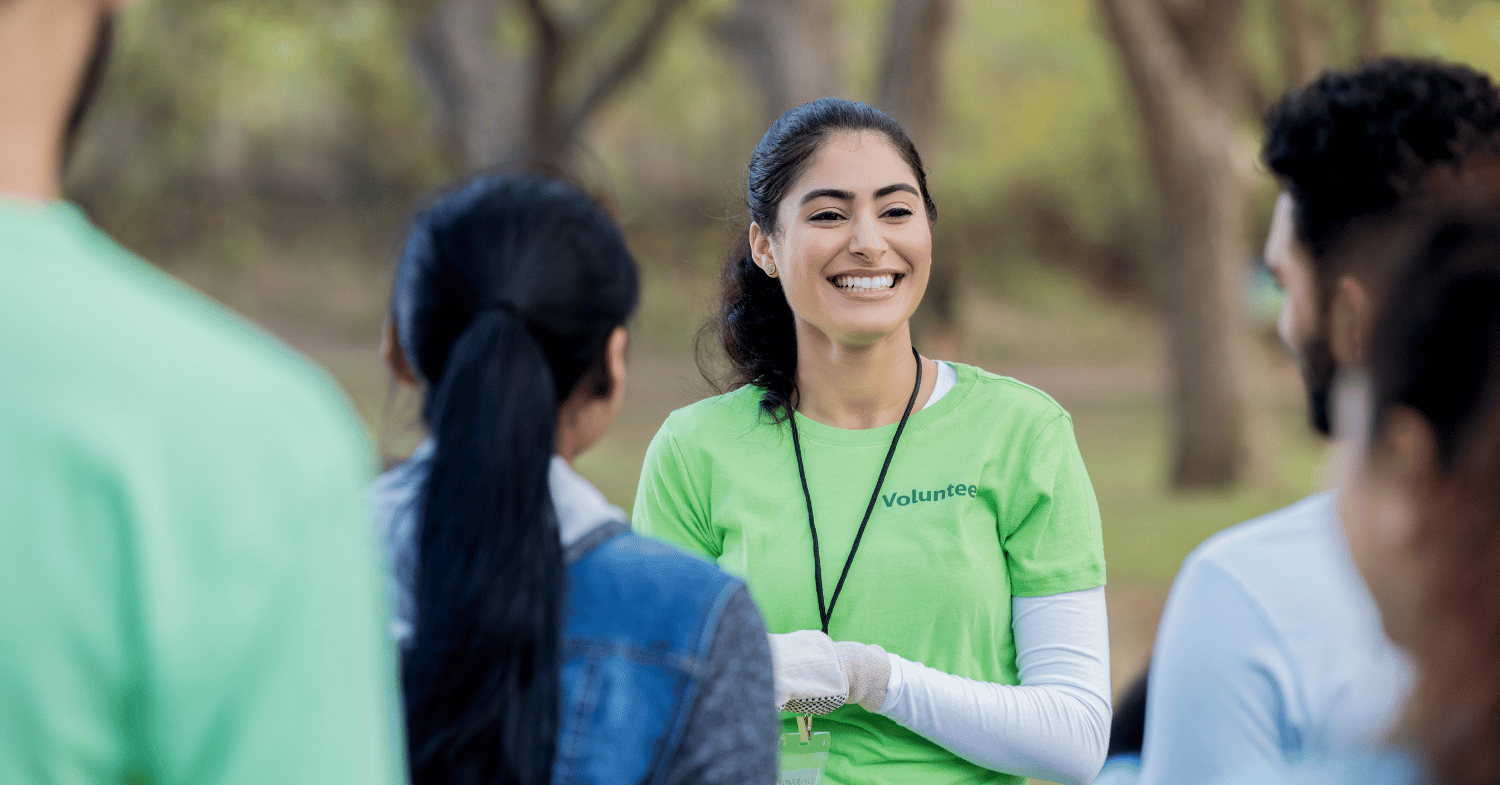5 things to do this summer: A guide for year 12 students
As you approach the end of Year 12, you’re entering a crucial stage in your US university journey. This is your last summer before applications open, and how you spend it can significantly shape the strength of your application. In today’s increasingly competitive admissions landscape, top US universities take a holistic view of applicants, looking far beyond grades to assess your character, commitment, and intellectual curiosity.
That’s why it’s so important to make the most of this summer. The right activities can demonstrate initiative, deepen your subject interest, and help you stand out in your essays and extracurricular profile.
We recommend signing up for the Common App website, which not only provides plenty of information and advice on applying for colleges, but also allows you to outline any extracurricular activities in a structured manner.
Here are five summer activity ideas, recommended by A-List advisors, to help you prepare strategically for application season:
5 things you can do this summer to enhance your curricular profile
Below are 5 key ideas for activities you could participate in:
1. Address needs in your community through volunteering
Volunteering in your community is a great way to strengthen your application, as long as it is done with authenticity. In Year 12, volunteering should go beyond general community engagement. It should serve as evidence of long-term commitment, leadership, or subject-aligned experience. If you're applying for medicine, for instance, sustained volunteering in a care setting shows both empathy and relevance to your future field.
Volunteering will allow you to provide evidence of desirable personal characteristics, such as commitment, initiative and community involvement. It also demonstrates passion for your chosen field, and provides you with real-life experience that you can reflect on.
2. Assist a professor or professional in a relevant field
Arranging a short-term placement or even just a shadowing opportunity with a professional or academic in your field can give your application a serious boost. Not only will it provide you with experience in your chosen field, it will give you the opportunity to gain an honest and real-life perspective of employment in that subject to reflect on in essays and interviews.
This does not have to be a formal internship. You might spend a few days observing a local engineer, helping with admin in a publishing house, or sitting in on a university lecture (with permission). Be proactive: email local professionals, reach out to university departments, and don’t be discouraged by slow responses. This may be one of the more difficult activities to organise. You may have to contact many professionals before getting a response. Don’t let this put you off - the more people you contact, the more likely you are to receive a reply. Furthermore, even if that specific individual is unable to cater to your request, there is a chance they will be aware of another professional who can.
3. Attend a prestigious summer programme
A selective summer programme isn’t just impressive - it gives you concrete experiences and talking points to reference in interviews and essays, especially if it simulates college-level study or collaboration. It helps you decide if the subject or institution is the right fit.
While it does not guarantee you a place at the university, it does demonstrate your curiosity and commitment. There is a variety of summer programmes available, including academic as well as specialist programmes, such as the National Youth Orchestra week, leadership academies, or coding bootcamps. The quality of these programmes can vary, so we have compiled a list of 7 pre-college summer programmes that we recommend.
4. Work on your personal statement and supplemental essays, and refine your Common App activities list
With your time less pressured by school deadlines, summer is the ideal moment to begin drafting your Common App personal statement and supplemental essays. The earlier you start, the better. It may help to produce a draft early on, which you can then build upon as you undertake various activities. Take the opportunity to ask your family and friends to read through what you have written and provide constructive feedback.
You should also begin drafting your Common App activities list, thinking carefully about how you frame each activity and what it demonstrates. Remember: it’s not just what you’ve done, but how you describe and reflect on it that matters. On the Common App website, you can refine your activities list and add any employment, volunteering or project work you have achieved. It is important to reflect on what you learn over the summer, and how each experience has impacted you.
In a previous article, we outlined the top 5 summer activities for Year 11/fifth form students. Build upon what we suggested for last summer (or start now if you haven’t!) .
5. Other meaningful summer activities
This is the summer to deepen your academic and intellectual interests in ways that go beyond your school curriculum. Things such as reading high quality literature may seem like extra work, however it is non-negotiable and isn’t impressive - it’s something you need to do anyway. Make sure you keep track of any extra activities you complete, and write down any thoughts you have on each. You may wish to highlight any parts of your reading that are of interest to you, and do further research on these ideas.
Other activities you could consider that will add value to your application include learning a new language (you don’t need to become fluent in one summer - but it shows initiative and motivation to learn!), self-studying a new subject, earning a subject-specific certificate (e.g., economics, data science, or philosophy) or conducting independent research.
Final thoughts
Make sure you keep a log of all activities you undertake, reflect on every experience and what you have learned, and keep track of how many hours you spent on each. Start trying to plan the activities you wish to undertake as early as possible. The later you leave it, the less likely you are to organise anything substantial in sufficient time.
Activities you undertake can enhance your application significantly - particularly if you reflect on each experience and can discuss them with admissions officers. Additionally, it is important that you commit a sufficient amount of time to these activities - commitments should be a minimum of 2 weeks. This will allow you to gain adequate insight and form genuine opinions and ideas. While it is important to take the time to relax during your summer, it is also the perfect opportunity to use your free time productively, and make your application as impressive as possible - make the most of your free time so when the autumn application season comes, you feel prepared and confident.
And if you didn’t complete any of the suggested Year 11 activities last year? It’s not too late! You can still build a meaningful profile with strategic choices this summer.
Need help choosing the right path? A-List’s expert advisors are here to support you every step of the way - we have over 20 years of expertise in helping students shape a competitive application for prestigious universities. Book a free consultation to discuss your summer planning and long-term application strategy.



